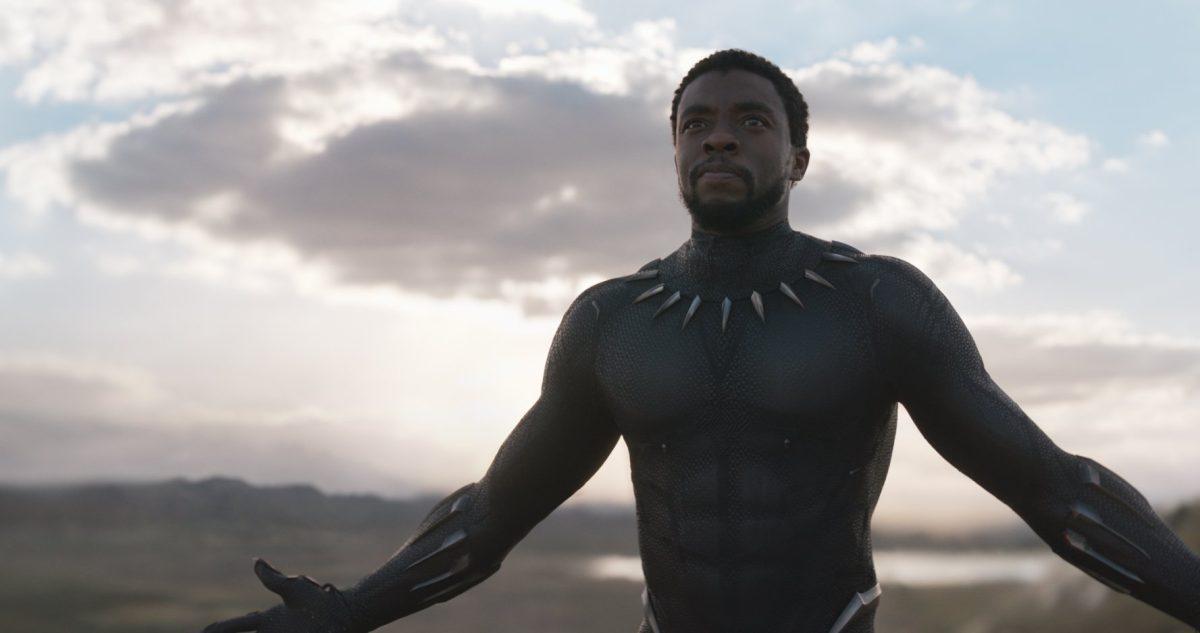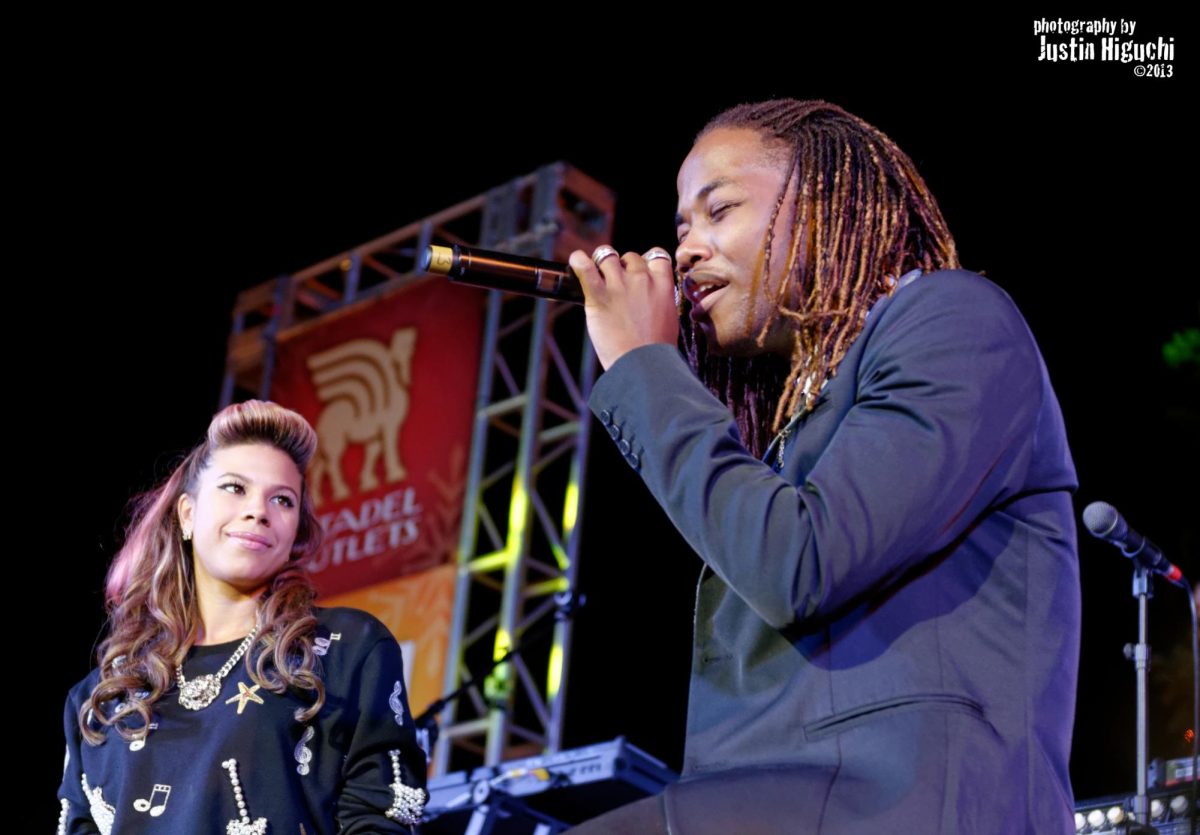“Black Panther” is an ambitious film that aims to portray Africa, African culture and Blackness in a different light. Marvel entrusts the narrative to a nearly all Black cast and production crew, and the results are clearly evident throughout the film. A mostly white production crew and cast could not accurately portray something that is so inherently Black and African. The fictional country Wakanda, the setting of the movie, is presented as a technological mecca able to remain undetected not only due to its resources but also as a result of the unassuming white eye. “Black Panther” unpacks and dispels these stereotypes while weaving in bigger themes like the diasporic experience and colonialism. However, “Black Panther” is not infallible and has questionable acting choices and plot points, especially with Erik Killmonger (Michael B. Jordan). It is best to separate the film’s purpose and the function it serves within the Black community from the cinematic execution of the Black Panther storyline.
The film is largely from an AfricanAmerican perspective, which influences the overall design of Wakanda. While it is theoretically located specifically adjacent to the Democratic Republic of Congo and South Africa, Wakandan culture feeds from the entire sub-Saharan part of the African continent. The panAfricanism route allows a diverse number of cultures to be represented in the film, as well as broad casting choices, but it simultaneously plays into the widelyheld notion that Sub-Saharan Africa is a monolith. Someone with knowledge of African culture would be able to identify the various influences, while someone with no knowledge would not. With this aside, African culture is portrayed beautifully in the film—colorful, graceful, traditional yet futuristic. Viewers are treated to the alternate Marvel Universe timeline in which Wakanda exists as a secretly flourishing part of Africa untouched by colonizers. Although Wakanda does not actually exist, it gives us a glimpse of what African nations might look like in the future and dispels the problematic thought that Africa is somehow incapable of progress.
“Black Panther” aims to address the African diaspora and a sense of universal Black nationalism. Throughout the film, T’Challa (Chadwick Boseman) is faced with whether to expose Wakanda’s technological prowess and immense supply of vibranium in favor of helping other African nations and African descendants around the world. Erik Killmonger, an American operative with a Wakandan father, favors extremism and the use of Wakandan weapons to fuel Black uprisings against their white oppressors. Jordan comes across as overtly stereotypically American and somewhat cheesy. He repeatedly stresses his poor upbringing in Oakland as the sole motivation for his coup d’etat. Killmonger has the opportunity to come across as more realistic and sympathetic, but Jordan’s approach to the character portrays a caricature of a resentful inner city child. What I find missing from the Killmonger arc is the realization that his hometown and upbringing are also a point of pride. Killmonger has placed Wakandan culture and civilization on a pedestal, while rejecting a large part of himself. He fails to appreciate Black American culture and what it has to offer. “Black Panther” missed out on a crucial opportunity to promote the message that all African cultures, including those of the diaspora, should be a source of pride. Killmonger is supposed to exemplify diasporic anger, but Jordan’s overly aggressive acting makes it seem irrational.
What “Black Panther” does get right is the inclusion of many diverse roles for women. Women aren’t confined to any gender stereotypes and are encouraged to pursue what they’re good at, rather than what they should be. Princess Shuri (Letitia Wright) supervises Wakanda’s technology at a young age, and her technological genius saves T’Challa at various points throughout the film. Nakia (Lupita Nyong’o) is not only T’Challa’s love interest, but also a skilled spy that roots for reasonable intervention from the beginning of the film. She follows her conviction as she rebels against Killmonger’s regime and has the most nuanced version of loyalty throughout the film. She loves T’Challa, as well as her country, but knows that neither is infallible and doesn’t hesitate to question Wakandan policy or T’Challa’s reasoning. Furthermore, Okoye (Danai Gurira) and her all-female guard are at the forefront of the fighting. Okoye’s ruthless loyalty to Wakanda and its institutions offers a contrast to Nakia and shows that not all women will react with the same emotions. “Black Panther” makes sure that its leads each play an integral part in the film, and in Wakandan civilization, regardless of their gender.
“Black Panther” is a triumph that has made many Black people proud of their origins and cultures. Marvel capitalizes on the rich diversity that African culture has to offer and has developed a feature length film from only a small cameo in “Captain America: Civil War”. Even if only imagined now, Wakanda is a vision that will eventually be fulfilled.






